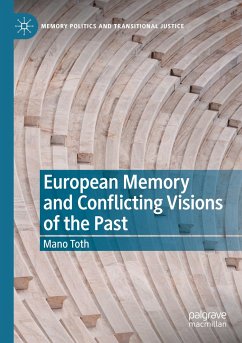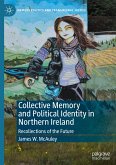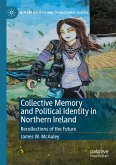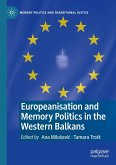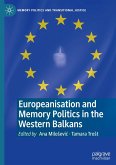This book discusses a number of ways in which the dialogue about Europe's past and future could be rendered more inclusive, such as the promotion of critical and sentimental education and the creation of virtual and actual social spaces in which citizens and organised identity groups can participate. The discussion about European memory is far from being a "merely" symbolic issue with no political consequences. Imagining Europe and its past in different ways will lead to different real political outcomes. For instance, thinking about European integration as an embodiment of the values of the Enlightenment (such as human rights, liberal democracy, and reason), as a guarantor of peace on the continent, as a guarantor of prosperity, or as a guarantor that massive human rights violations like genocide will "never again" be committed on its soil, all entail different political objectives. Similarly, conflicting understandings of European memory as either a thing or a social construct, aseither one memory or a plurality of memories, as either the end point of deliberation or a dialogical process, represent not merely inconsequential cultural "froth on the tides of society," but crucially important issues with real political consequences. The book is intended to contribute to this discussion about the common European approach to the past (and thus to the future).
Bitte wählen Sie Ihr Anliegen aus.
Rechnungen
Retourenschein anfordern
Bestellstatus
Storno

